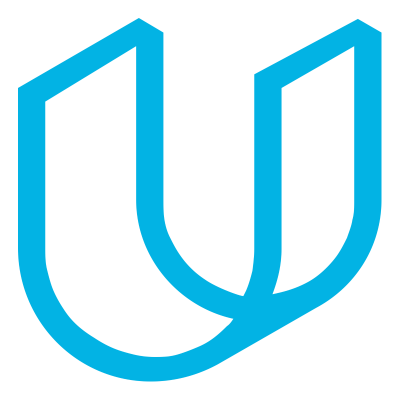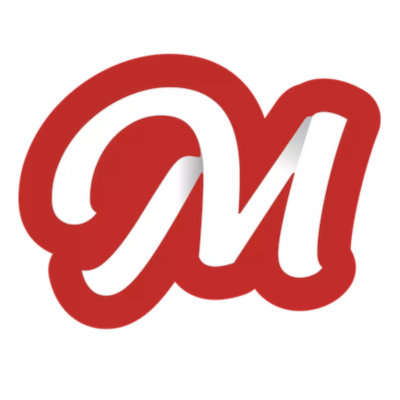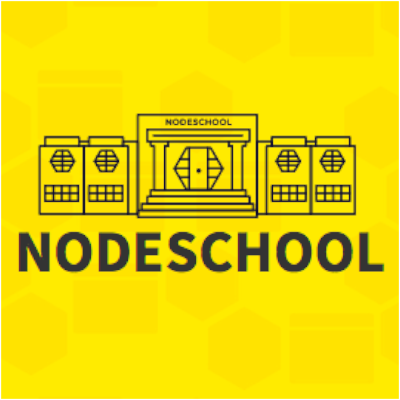We independently test and review every course that we recommend.
Please support us by joining our mailing list, and recommending this guide to others.
Updated: January 5, 2024

Udacity
By Rachel Manning, Alyssa Hope, Andrew Wong, and Guillaume Bibeau Laviolette
The premium option for learning Node.js for fullstack web development.
This Nanodegree is comprised of four courses, each of which is designed to be completed in one month at 10 hours per week.
The first two courses in the Nanodegree (Backend Development with Node.js and Creating an API with PostgreSQL and Express) will cover the majority of the footprint you’ll need to work with Node professionally.
Each course contains a combination of videos, quizzes, hands-on exercises, and projects. You'll spend a lot of time practicing and developing skills.
One of the best features of Udacity's Nanodegree product is their projects, which are based on a real world situation. Each project is graded by humans, who provide personalized feedback. In this Nanodegree, the projects include creating an API that allows users to resize and adjust images, building an e-commerce backend for a small business, and then creating a frontend for the e-commerce site and deploying it to AWS.
This Nanodegree is one of the only offerings in our guide that covers security, testing, and deployment to AWS as core curriculum. All are topics that you should learn as a fullstack developer. Udacity's subscription offering gives you flexibility to decide after the first two courses if you want to continue or move to another solution.

Frontend Masters
By Scott Moss, Will Sentance, Kyle Simpson, Brian Holt, others
Outstanding video training option, with in-depth real-world Node coverage.
Each course is packed with real world insights, from instructors with years of using Node.
Between the first few courses (Introduction, the Hard Parts, and Digging into Node), there’s a bit of overlap in topics covered. It’s three great teachers covering a lot of the same topics. If you take all three courses, you should have a solid understanding of how Node works. But you may also want to skip some of the repetition.
In this path, you’ll also learn how to work with Node and a variety of database technologies, including MongoDB and Postgres, as well as GraphQL, and Prisma for APIs.
In several of the courses, the instructor pauses for short coding exercises to check for understanding. These are incredibly valuable additions to the workshop format, so you're not just watching instructor walk-throughs.
Throughout many of the courses, particularly those after the introductory sections, you’ll go step by step through building a practical application. These code-along courses are super helpful for learning how it’s done in a real world context. However, to flesh out your skills, you should do some additional indepedent practice without the instructor’s help.
Our initial research involved spending hours reading hundreds of reviews of various course options, and perusing forums for recommendations and user preferences. From this research, we narrowed down to a list of 12 highly-rated candidate courses.
We graded the candidate courses against the following criteria:
From this thorough research and testing, we're confident this is the single best guide to Node.js courses available.

NodeSchool
By Various
An excellent resource for anyone learning Node. Perhaps not the complete Node guide that you'll need to become a professional Node developer, but a decent place to start or practice your skills.
This course is a series of hands-on workshops built entirely inside Node, for free. All you need is a command line and a text editor.
The course is comprised of workshoppers, which are a series of increasingly complicated challenges exploring a particular feature of Node. The workshoppers are typically tackled in a NodeSchool meetup, with mentors, but you’re free to do them remotely on your own.
The workshops are fairly simple. Just a series of instructions and a couple hints. The workshops are tested and graded.

Pluralsight
By Paul O'Fallon, Samer Buna, Joe Eames, More
Solid option for learning real world Node through a series of high quality screencast courses.
The path begins with an overview of the core of Node in the Getting Started course, and then goes deep into npm. With this foundation, the path shifts to more practical application for web developers, with coverage of using MongoDB with Node, building web applications with Express, HTTP, and OAuth for authorization.
The courses follow a similar style and structure, so you can be confident of consistent production value even though the courses are taught by different authors who specialize in particular topics.
The courses are short, concise and focused, typically running between 1-3 hours. This makes the courses valuable for ongoing reference.
We particularly like that the courses emphasize real world usage, covering not just how to use features of Node, but why.

Codecademy
By Jiwon Shin
Solid option for learning to use Node hands-on.
This course introduces the concepts of server-side web development with Node. You’ll learn the different parts that make up the back-end of a website or web application, and you’ll gain familiarity with the Node runtime environment. After this course, you’ll be set up to explore popular Node frameworks like Express.js to build powerful applications.
The interactive exercise format is interesting. You're required to take existing functions and wrap them into an exportable module for open-sourcing, which is a fairly real-world situation as well as a great illustration of Node modularity.
This course varies somewhat from the Node.js coverage in the Introduction to Backend sections of the Backend Engineer and Full-Stack Engineer Career Paths. We actually recommend taking the Node content in one of those paths, depending on your career orientation. The paths include an open-ended project that's a great test of skills.

Educative
By Various Authors
Solid option to learn Node with readings and hands-on exercises.
We like that Educative puts readings and exercises at the center. This is a great alternative to videos, for learners who prefer traditional learning. It’s like a better book - one that lives in your browser and alongside where you’ll be building.
This course doesn't contain as many casual real world insights as you’ll get with some of the expert-led training courses. But the focus here is on efficient learning and hands-on practice.
This skill path offers some of the most in-depth security and authorization coverage that you'll find.
Node.js is an open-source runtime environment that allows you to execute JavaScript code on the server-side. Node enables developers to use JavaScript, the world's most popular programming language, for both frontend and backend development, streamlining the development process for fast, real-time, and highly performant web applications.
Many of the world's top technology companies and high-traffic applications use Node.js, including Netflix, Spotify, and GitHub.
To start using Node.js professionally, focus on mastering the following key topics:
By focusing on these topics, you'll develop a strong foundation in Node.js and be well-prepared to create scalable and performant server-side applications for web development. Practical application of these skills through projects and hands-on exercises will help solidify your knowledge and professional expertise.
There are a few prerequisites that can greatly enhance your learning experience when starting to learn Node.js:
While not all of these prerequisites are strictly required, and can be learned alongside Node.js, having a foundational understanding of these concepts will significantly accelerate your learning process and enable you to grasp Node.js concepts more effectively.
Continue with more advanced topics with Node and Fullstack Development:
Help us out by joining our email list to get notified when we release new guides, and recommending this guide to others.
Thanks for reading!